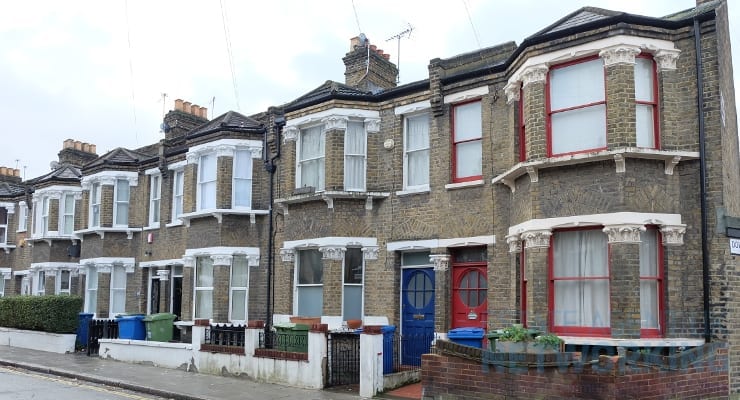Risks for Landlords When Renting a Property and How to Avoid Them
As a buy-to-let landlord, renting out a property carries some risks. There are different potential problems that can occur too, and financial losses could mount up when you don’t manage a property well. Fortunately, there are also ways to avoid or mitigate many of the issues.
Here are a few of the risks that landlords sometimes face and what can be done about them.
Losing Rent Payments to Bad Tenants
Losing rent payments due to tenants that move in and then fail to pay rent consistently is unfortunately an occupational hazard. Certainly, vetting tenants sufficiently ahead of time helps to avoid this kind of issue, but sometimes people just ‘go bad’ when their life hits a series of negative events in a row. People can act out of character and the landlord loses as a result.
While a deposit can be charged, it’s seldom enough to cover several months of unpaid rent. Delinquencies usually result in the loss of rental income for that period of time unless the tenant catches up on their rent. Sometimes, they must be asked to move out or the courts are needed to get an eviction order. A section 21 notice must be issued giving the tenant two months to vacate. If they do not, then it proceeds to court.
Going through the courts, the proper procedure must be followed by the landlord. If following the procedure, the court will usually issue a possession order to the landlord to regain the property. The notice period may be from 2-6 weeks; it’s not immediately after the court has issued the possession order. By following correct procedures, losses due to unpaid rent aren’t the end of the landlord journey.
Finding the Right Tenants
As outlined above, getting the wrong tenants for a property rental is expensive. It’s best to spend time vetting tenants effectively to avoid most of the potential issues.
There are companies such as Lets Safe and Mud Hut that can perform online background, credit, CCJ, bankruptcy and employer checks in the UK for a reasonable fee. Their reports highlight previous financial issues, employment history, and other facts that might be pertinent. While it’s true that you cannot rule everything out, covering most of what could be wrong with a potential tenant is worth the cost.
It’s also an excellent idea to ask for and contact their current or previous landlord seeking a verbal reference. What you want to know is whether they’ve ever been late with the rent, had disputes with other tenants, or other dealings which make them undesirable as a tenant.
Meter Tampering and Regular Inspections
Meter tampering by tenants is an issue that often comes up. Everyone wants lower bills and sometimes tenants cross the line into illegality to do so. As advised on the Stay Energy Safe website, meter tampering has the potential to cause an electrical fire or a gas leak which could be deadly to the occupants. You’d be amazed by the crazy stories that Stay Energy Safe hears about almost daily relating to energy theft.
Performing regular spot inspections is important to keep an eye on things. You never know what you’ll find. Also, when tenants see that you’re coming around on a regular basis to look things over, they’re far less likely to do anything untoward. Do be aware that tenants are usually entitled to “reasonable notice” when the landlord pays a visit to the property; so, giving some notice is required before “popping in”.
Property Damage Avoidance
Damage to property either by renters or visitors to the home must be taken seriously. Tenants need to be made aware that they are solely responsible for any damage beyond normal wear and tear. This may exceed the value of a security deposit and is still payable. Furthermore, if they have guests in the property who damage either the building or the contents, the tenant bears the responsibility.
These details should be within the tenancy agreement and explained to each new tenant too. Once they sign the agreement, they are legally liable for damages. With that said, you should budget for losses due to damages because sometimes people move out before you know that any damage has occurred. At which point, tracing them is difficult, as is claiming for monetary losses beyond the value of the security deposit. Also, keep all receipts for purchased items to confirm their value.
Failing to Price Rents Correctly
When setting the price of the rent as the landlord, it’s possible to price it incorrectly. This can be because you have a mortgage to cover and need a certain rental income. However, if you’re discovering that new potential tenants feel that the rate is too high and pass on the place, then it may be time to rethink.
Get advice from a managing estate agent or a friend who works in property to ensure your rental prices aren’t ahead of the market for the area. This way, you avoid pricing the rents above what people are willing to pay.
Being a landlord, you meet people from all walks of life. Even if you’re a real ‘people person’, it’s not always easy to deal with every tenant. With that said, a lot of being a landlord is setting things up right from the beginning which avoids issues cropping up later. It’s the single best way to proceed.









